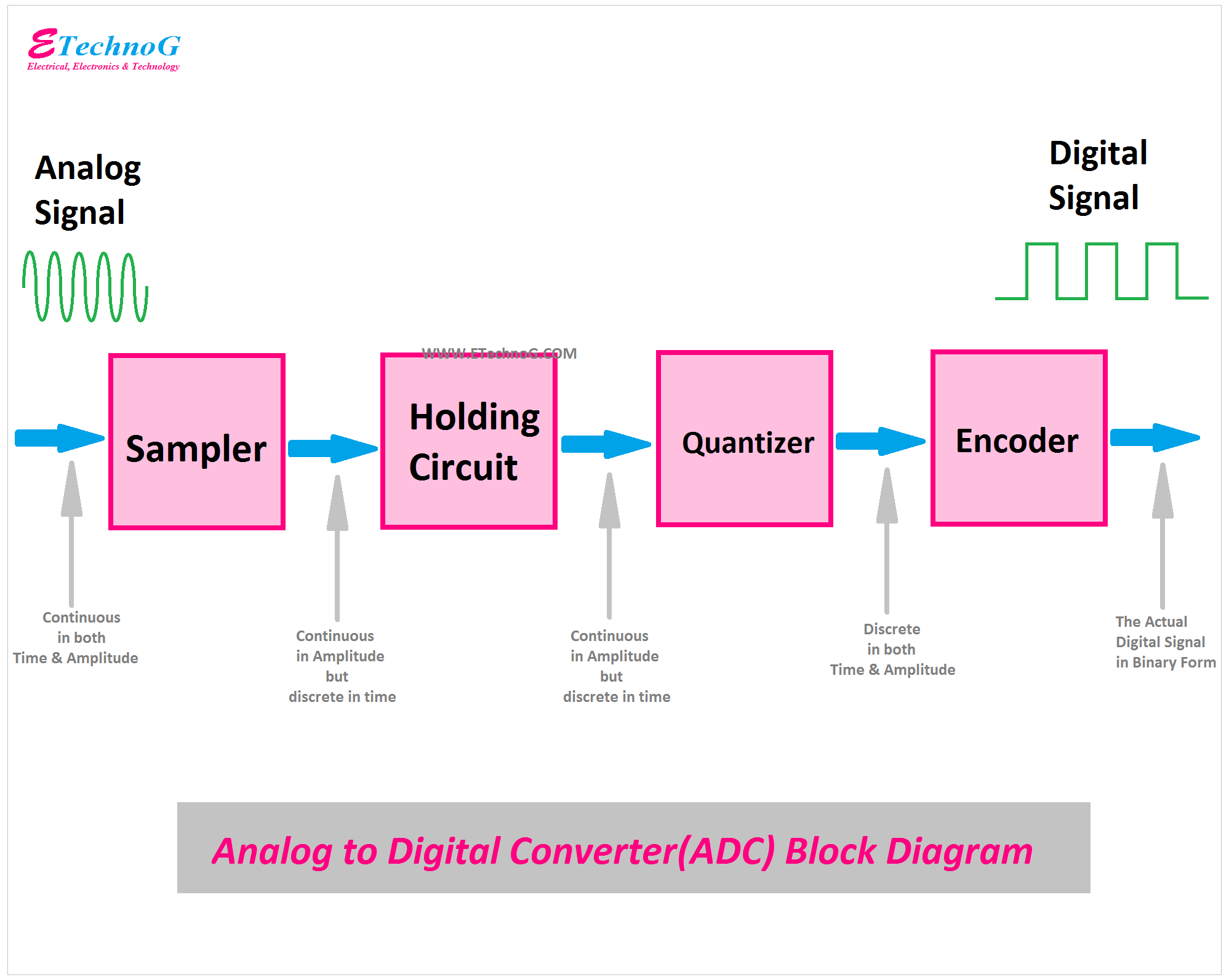Political Realignment in Borno State: A Shift in Power Dynamics
A significant shift in the political landscape of Borno State has been observed, with a wave of defections from two major parties—Peoples Democratic Party (PDP) and All Progressives Congress (APC)—to the African Democratic Congress (ADC). This movement signals a growing dissatisfaction among voters and prominent figures, as they seek alternative political options that promise better governance and stability.
The ADC, under the leadership of its interim National Chairman, David Mark, is gaining momentum as the 2027 general elections draw closer. The party’s appeal is evident in the recent mass defection of high-profile members from both the PDP and APC. These defectors include Alhaji Idris Mamman Durkwa, a former governorship aspirant; Hon. Sheriff Banki, a youth mobilizer; Mohammed Umara Kumalia, a former House Minority Leader; Alhaji Saleh Kida, who was the PDP’s 2023 deputy governorship candidate; and Babakura Abba Yusuf, the 2023 House of Representatives candidate.
Sheriff Banki, one of the key defectors, highlighted the reasons behind this political realignment. He pointed to the failure of the APC under President Bola Ahmed Tinubu and the compromised leadership of the PDP as primary factors. According to him, economic hardship and rising insecurity have driven many to seek change.
“Nigerians, especially at the grassroots level, were promised a Renewed Hope Agenda by President Tinubu. Unfortunately, two years into the APC-led administration, the reverse is the case. People can no longer sleep with both eyes closed, and they are grappling with economic hardship due to poor policies and programmes,” he stated.
This sentiment is echoed by many citizens who feel disillusioned with the current state of affairs. The mass defections are seen as a sign of hope for a more dynamic political environment in Borno State and across the country. Banki emphasized that these movements mark the beginning of better things in the state’s political landscape.
Meanwhile, Borno State Governor, Professor Babagana Umara Zulum, has denied speculation that he is planning to defect to the ADC along with five other governors. His statement aims to quell rumors and maintain stability within the state’s political framework.
The ADC’s growing popularity in Borno State reflects a broader desire for alternative political options beyond the traditional two-party system. As the 2027 general elections approach, the political realignments in Borno are being closely watched by analysts and citizens alike. This development could reshape the political dynamics not only in Borno but also nationally.
Key points driving this shift include:
- Economic Hardship: Many citizens are struggling with inflation, unemployment, and inadequate public services.
- Insecurity: Rising incidents of violence and instability have led to a loss of trust in current leadership.
- Dissatisfaction with Leadership: Both the APC and PDP face criticism for their inability to deliver on promises and address pressing issues.
As the political landscape continues to evolve, the ADC’s rise presents an opportunity for a new era of governance. With the support of influential figures and a growing base of supporters, the party is positioning itself as a viable alternative in the upcoming elections.
The coming years will be crucial in determining whether this shift leads to meaningful change or if the traditional parties will regain their dominance. For now, the political realignment in Borno State serves as a reminder of the power of grassroots movements and the potential for transformation in Nigerian politics.







